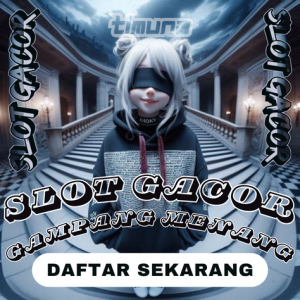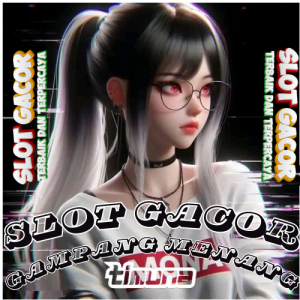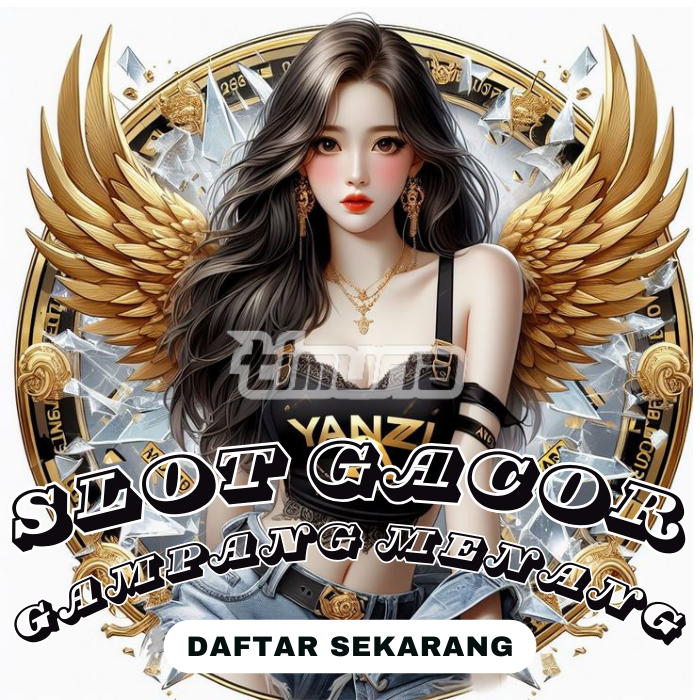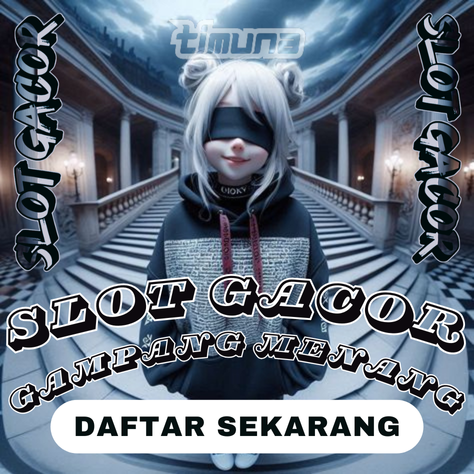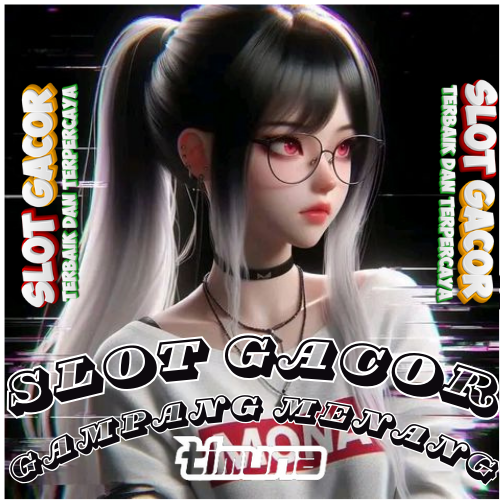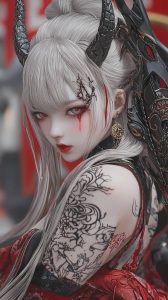Dunia game online seru, aman, dan penuh keuntungan.
Apa Itu SORAWIN110?
Sebelum membahas lebih jauh, penting untuk memahami apa sebenarnya SORAWIN110 itu. Secara sederhana, SORAWIN110 adalah platform game online yang dirancang untuk memberikan pengalaman bermain yang aman, adil, dan menghibur. Konsep ini telah menjadi pilihan utama bagi ribuan pemain di seluruh Indonesia.
Mengapa SORAWIN110 Dipercaya oleh Pemain?
SORAWIN110 bukan sekadar platform biasa—ia telah terbukti memberikan layanan berkualitas tinggi selama bertahun-tahun. Dengan sistem keamanan mutakhir, proses transaksi yang cepat, dan layanan pelanggan 24/7, wajar jika SORAWIN110 menjadi pilihan utama para penggemar game online.
Keunggulan Utama SORAWIN110
Ada tiga keunggulan utama yang membedakan SORAWIN110 dari kompetitor: (1) Server stabil tanpa lag, (2) Bonus harian dan promosi menarik, serta (3) Proses withdraw yang cepat—seringkali kurang dari 5 menit. Ketiganya menjadi fondasi kepercayaan pengguna terhadap platform ini.
Cara Mendaftar di SORAWIN110
Mendaftar di SORAWIN110 sangat mudah dan hanya membutuhkan waktu kurang dari 3 menit. Pengguna cukup mengisi formulir pendaftaran dengan data valid, verifikasi email atau nomor HP, lalu akun siap digunakan. Tidak diperlukan dokumen rumit—cukup KTP dan nomor telepon aktif.
Tips Bermain Aman di SORAWIN110
Agar pengalaman bermain di SORAWIN110 tetap menyenangkan, ikuti tips berikut: (1) Gunakan password yang kuat, (2) Jangan bagikan OTP atau kode verifikasi kepada siapa pun, (3) Mainlah sesuai batas kemampuan finansial Anda. Keamanan akun adalah tanggung jawab bersama.
Testimoni Pemain Setia SORAWIN110
Banyak pemain melaporkan pengalaman positif saat bermain di SORAWIN110. Salah satu pemain dari Jakarta mengatakan, ‘Saya sudah 2 tahun main di SORAWIN110, belum pernah ada masalah dengan pembayaran.’ Ulasan seperti ini membuktikan komitmen platform terhadap kepuasan pengguna.
Perkembangan Terbaru SORAWIN110 di 2025
Di tahun 2025, SORAWIN110 meluncurkan fitur baru berupa live streaming game internal dan integrasi dompet digital lokal. Langkah ini memperkuat posisinya sebagai platform game online paling inovatif di Asia Tenggara.
Apakah SORAWIN110 legal di Indonesia?
SORAWIN110 beroperasi di bawah lisensi internasional dan mematuhi regulasi permainan daring global. Meski tidak berlisensi lokal, platform ini tetap aman digunakan oleh pemain dari Indonesia.
Berapa lama proses deposit dan withdraw?
Deposit biasanya instan, sedangkan withdraw diproses dalam 1–5 menit tergantung bank dan jam operasional.
Apakah ada bonus new member?
Ya, SORAWIN110 menawarkan bonus sambutan hingga 100% untuk pemain baru yang melakukan deposit pertama.
